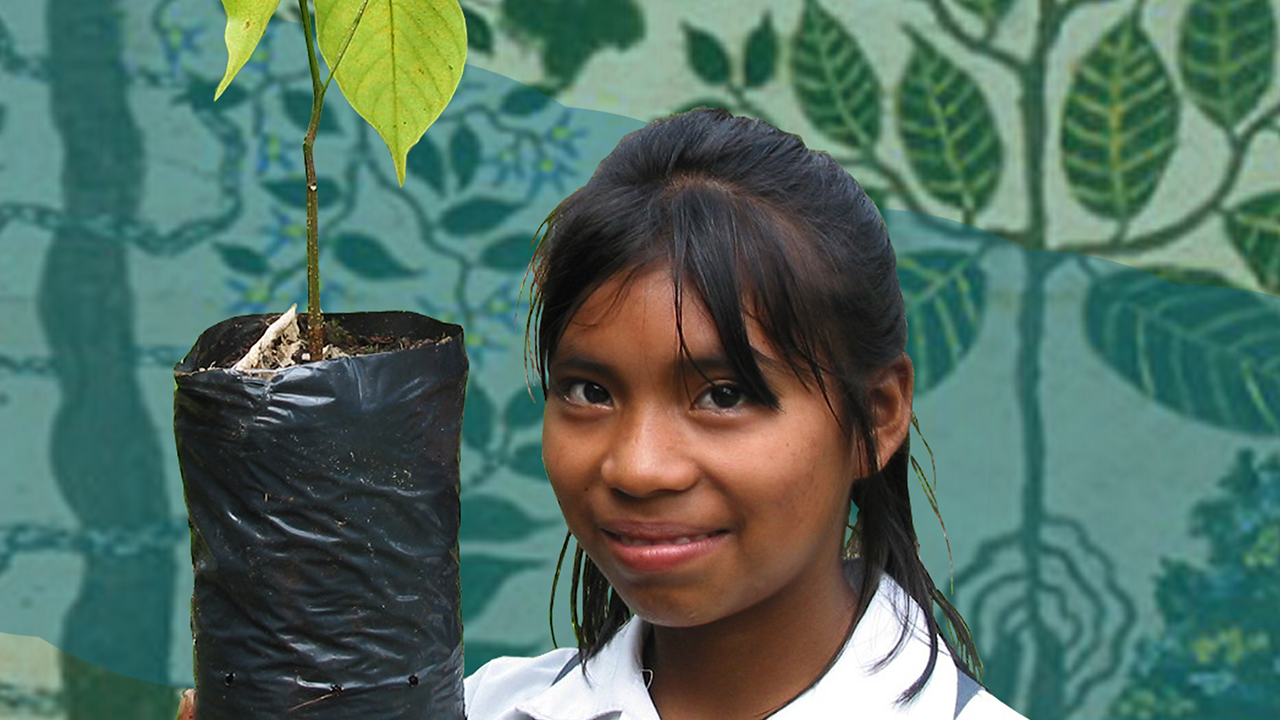Gary Martin : Medicinal herb flows, plant conservation and local livelihoods in Morocco
Duration: 21 mins 32 secs
Share this media item:
Embed this media item:
Embed this media item:
About this item

| Description: | Gary Martin (Global Diversity Foundation): Medicinal herb flows, plant conservation and local livelihoods in Morocco |
|---|
| Created: | 2014-07-21 08:45 |
|---|---|
| Collection: | People and Plants |
| Publisher: | University of Cambridge |
| Copyright: | Glenn Jobson |
| Language: | eng (English) |
| Keywords: | People and Plants; Gary Martin; |
| Abstract: | Dr Gary Martin (Global Diversity Foundation): Medicinal herb flows, plant conservation and local livelihoods in Morocco
The 12th largest exporter of medicinal and aromatic plants in the world, Morocco is keen to expand its share of a multi-billion dollar global market while mainstreaming biodiversity conservation throughout the value chain. It faces the challenge of ensuring the sustainable use and equitable trade of medicinal herbs while enabling rural peoples to benefit economically from wild-crafting and value-adding activities. In a project funded by the UK Darwin Initiative and the Critical Ecosystems Partnership Fund, Global Diversity Foundation is working with partners to address threats to the sustainable harvest of vulnerable plant resources in the Middle and High Atlas mountains, part of the unique Moroccan Mediterranean ecosystem. This is essential in maintaining the ecological integrity of important plant areas, ensuring the subsistence of millions of herbal remedy users, and sustaining commercial trade that contributes to the livelihoods of thousands of collectors, vendors and traditional practitioners. Our previous ethnobotanical research in southern Morocco, which identified more than 300 species of medicinal plants in trade, led us to focus on medicinal roots, which are particularly vulnerable to unsustainable harvesting yet in high demand for domestic and international trade. We currently work in two Amazigh rural townships on the conservation of vulnerable plant species in situ, especially in community conserved areas called agdals. These endogenous management systems – which have unique political, social and spiritual dimensions – conserve and maintain the availability of forest and pastoral resources in the long term by temporarily setting aside well-defined areas of grazing land or forest. The rules and patterns of use established by eligible community members have a direct impact on genetic, species and landscape diversity. We also promote ex situ cultivation of medicinal herbs and other plants in community nurseries, making selected species available for local ecological restoration programmes and the expansion of fruit and nut tree orchards. Our longterm goal is to develop alternative agricultural and forest management policies that incorporate traditional practices, integrate material and non-material values associated with plants and embrace horticultural experimentation within communities. |
|---|---|

